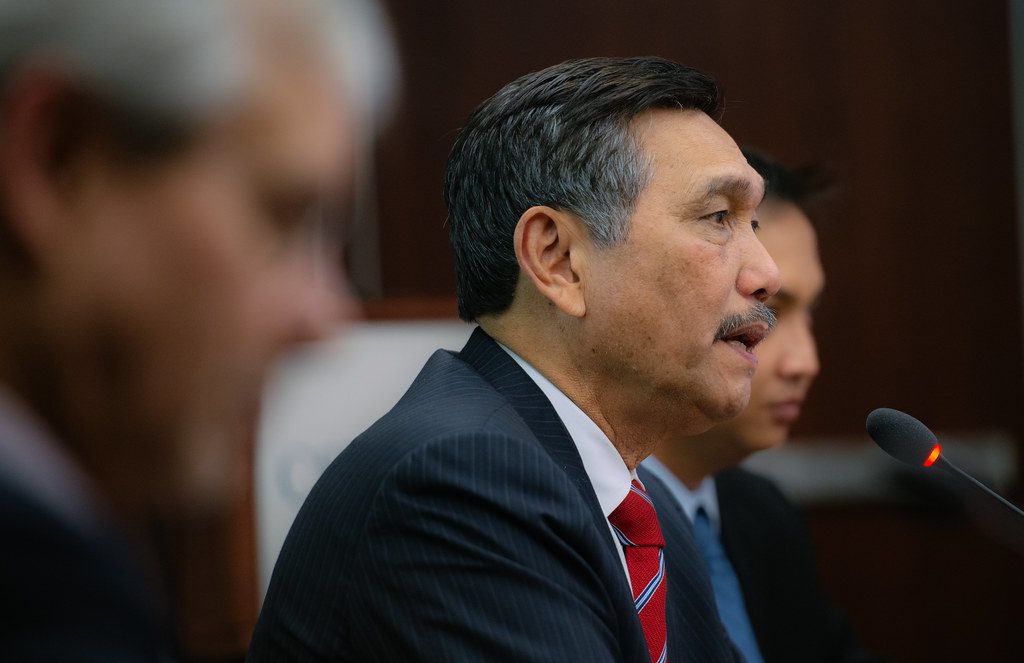Indonesia may decide on Thursday whether to resume nickel ore exports

Indonesia may decide this week whether to resume nickel ore exports after halting shipments to investigate reports of export rule violations, a senior official from the Energy and Mineral Resources Ministry said on Wednesday.
The Maritime and Investment Affairs Coordinating Ministry, which has overall responsibility for mining activities, meets on Thursday to review the results of the investigation, Yunus Saefulhak, the director of minerals, told a conference.
At least 20 nickel ore vessels, carrying an average of 50,000 tonnes each, were being held in ports due to the halt in exports more than a week ago
The government ordered a temporary halt to exports of nickel ore on Oct. 28 following reports that exports had surged after Indonesia said an export ban would be implemented from January 2020, bringing it forward from 2022.
The export surge reportedly included large sales of high-grade nickel ore from Indonesia, which only allows exports of ore with less than 1.7% nickel content.
Luhut Pandjaitan, the maritime and investment affairs coordinating minister, also told reporters on Wednesday the government would launch legal action against those who violated ore export rules in future.
Meidy Katrin Lengkey, secretary general of Indonesia’s nickel miners association (APNI), said at least 20 nickel ore vessels, carrying an average of 50,000 tonnes each, were being held in ports due to the halt in exports more than a week ago.
Government officials have said nickel smelters were ready to buy ore intended for export at an “international price”, but Lengkey said she doubted such prices would be achieved and pushed for a revision to rules governing domestic ore prices.
Local miners have long complained that local smelters buy ore at a much lower price to those offered by overseas buyers and also below the government benchmark prices.
The Energy and Mineral Resources Ministry has said it was revising the domestic price rules to ensure local smelters stuck to the benchmarks. It has said the revised rules would be in place by January.
Lengkey said a group of APNI members had threatened to stop selling ore to local smelters if the government did not revise its prices in the next six months, although she did not say how many APNI members supported the plan for a boycott.
(By Fransiska Nangoy, Tabita Diela and Ed Davies; Editing by David Evans and Edmund Blair)
More News
Contract worker dies at Rio Tinto mine in Guinea
Last August, a contract worker died in an incident at the same mine.
February 15, 2026 | 09:20 am
{{ commodity.name }}
{{ post.title }}
{{ post.date }}




Comments